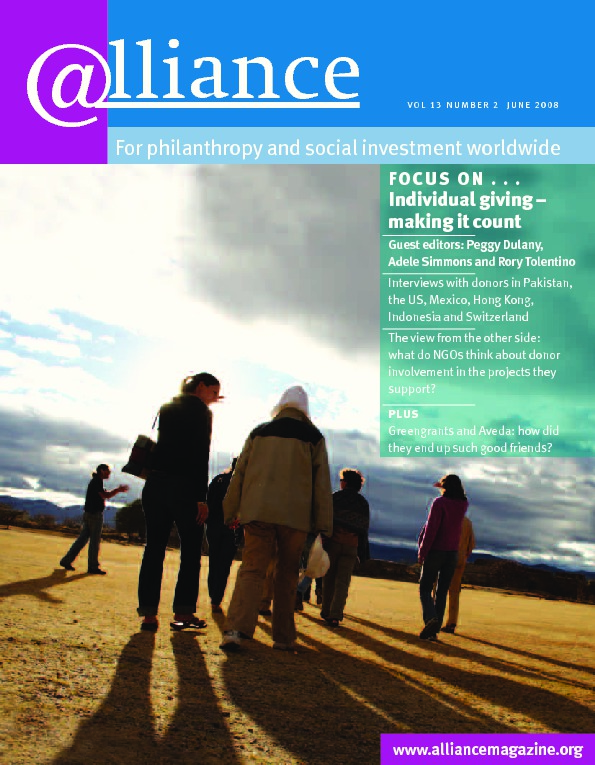While they are clearly crucial to its survival, adequate financial resources alone do not make an NGO sustainable. There are other, equally important elements to the question which include organizational viability, the effectiveness of programmes, and, related to both of these, lasting impact. So runs the general argument of a new study from the Philippines published by the International Council on Management of Population Programmes (ICOMP). This looks at nine NGOs whose areas of interest and operation range from the rights of the urban poor across reproductive health to the welfare of the deaf.
The report looks at how the organizations in question came to realize that an exclusive focus on financial security was too narrow; how this realization affected their thinking and practice; and how they came to see sustainability as a means of achieving their mission rather than an end in itself. As they developed their donor bases and the capacities of their boards, staff and leaders in pursuit of broader sustainability, a number of lessons emerged. First, achieving sustainability is a long-term process that requires planning, monitoring and evaluation. Second, introducing a more complex model of sustainability requires a change of management approach, not only because it necessitates changes in thinking and practice but also to deal with the different approaches to, and interpretations of, sustainability among the organization’s different stakeholders. Third, external assistance can be invaluable, if properly managed by both sides.
The Journey towards Sustainability: NGO stories from the Philippines
Elmer Herradura Lighid
ICOMP
ISBN 9789833017072
To order
http://www.icomp.org.my





Comments (0)